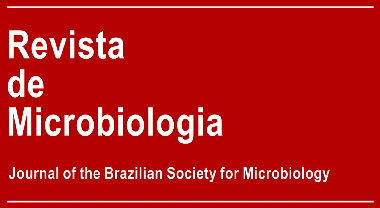High temperatures can affect the survival, establishment and symbiotic properties of Rhizobium strains. Bean nodulating Rhizobium strains are considered particularly sensitive because on this strains genetic recombinations and/or deletions occur frequently, thus compromising the use of these bacteria as inoculants. In this study R. tropici and R. leguminosarum bv. phaseoli strains isolated from Cerrado soils were exposed to thermal stress and the strains’ growth, survival and symbiotic relationships as well as alterations in their genotypic and phenotypic characteristics were analyzed. After successive thermal shocks at 45ºC for four hours, survival capacity appeared to be strain-specific, independent of thermo-tolerance and was more apparent in R. tropici strains. Certain R. leguminosarum bv. phaseoli strains had significant alterations in plant dry weight and DNA patterns obtained by AP-PCR method. R. tropici strains (with the exception of FJ2.21) were more stable than R. leguminosarum bv. phaseoli strains because no significant phenotypic alterations were observed following thermal treatments and they maintained their original genotypic pattern after inoculation in plants.
bean nodulating Rhizobium strains; high temperatures




